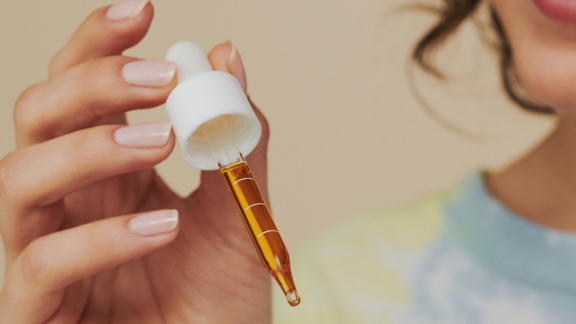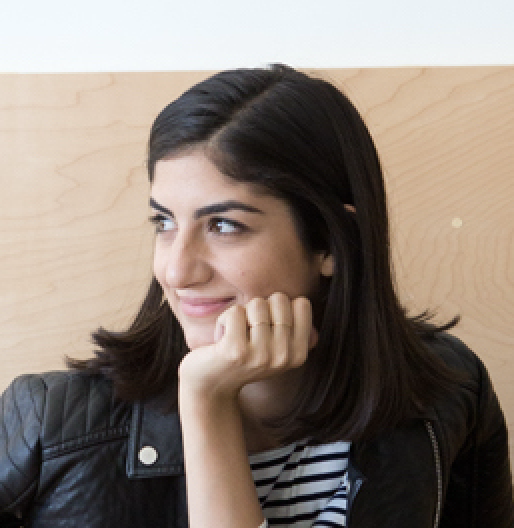It's easy to come up with reasons why we can't meditate: lack of time, lack of ability, a short attention span, or even all of the above. Meditation is one of those things we're constantly reminded of just how good it is for us, but for those of us who don't yet have a meditation practice in place, it can be daunting to start.
The good news is: meditation is actually simple. It's helpful to remember that you are not expected to start out with the skill level of, say, the Dalai Lama. You're not even expected to have a perfectly clear head while you do it. Once you remove the pressure and expectations on yourself, it becomes much easier. Really.
How to Meditate
There's a common misconception that meditation is the practice of emptying your head of all thoughts. "Think nothing, think nothing, think nothing"—sound familiar? But the truth is, meditation is the practice of paying attention to the feelings and sensations your body and mind experience in that very moment.
While meditating, your mind will naturally wander. Perhaps you will think about your to-do list for the day, something awkward you said on the phone last night, or the sound of the jackhammer at the construction site across the street (which you may then curse in your head). Psychotherapist and yoga teacher, Lauren Taus, says, "What's important is to welcome what's here, to allow the emotions to move through us—and not defensively block the flow." Let those thoughts come through, and then, once they have made their presence known, thank them for showing up, and return to your breath.
The Benefits
In short, they are numerous. It is mind-blowing how a simple act can pack so much positive impact—reduce stress and anxiousness, promote calm, clarity, focus and productivity, lengthen attention span, improve sleep, and boost overall happiness...you name it.
Consider meditation a tool in your mental health toolbox. Especially in times of crisis, it's important to sharpen your tools and enhance your toolbox as much as possible. Meditation not only works to improve your current state, it increases your resiliency to future stresses, too.
Tools
While the only two things you really need are air in your lungs and a comfortable place to sit, here are a few other tools you can explore to enhance your practice if you need some extra guidance.
Grab a yoga block
Lauren Taus recommends placing a yoga block between your shoulder blades to "lift your chest and let your heart crack open." Many of us sit at a desk from nine to five, and this posture can help you open up.

Add CBD to your routine
To help usher in calm before starting your meditation practice, take anywhere from 30-40 MG of Feals CBD about 30 minutes before. On a regular day, it can strengthen and deepen your practice. On the more stressful days, it can help ease you in when you're having trouble focusing.
Try a meditation app
Whether you're a beginner or seasoned expert, apps like Headspace, Calm, Happy Not Perfect, Insight Timer, and WAVE Meditation, which combines both music and guided sessions, are a great way to organize your practice. Feals co-founder, Alex Iwanchuk is partial to Headspace: "I recently started a new 10-day Headspace challenge focusing on change," he explains. "Each morning I listen to the 15-minute guided meditation, focusing on 'noting'. It's a technique that helps you distinguish the difference between thinking and feeling. It has been really powerful for me lately, as there is so much change and unknown today and for the foreseeable future.”
As an added bonus for New Yorkers: Headspace is giving New Yorkers free access to a series of guided meditations amid the COVID-19 crisis, but really anyone can access them here.
Feals teamed up with Wave Meditation on a free sunset mixtape features a selection of relaxing, wind-down tracks to pair with 20-30 MG of CBD that you can download here.
